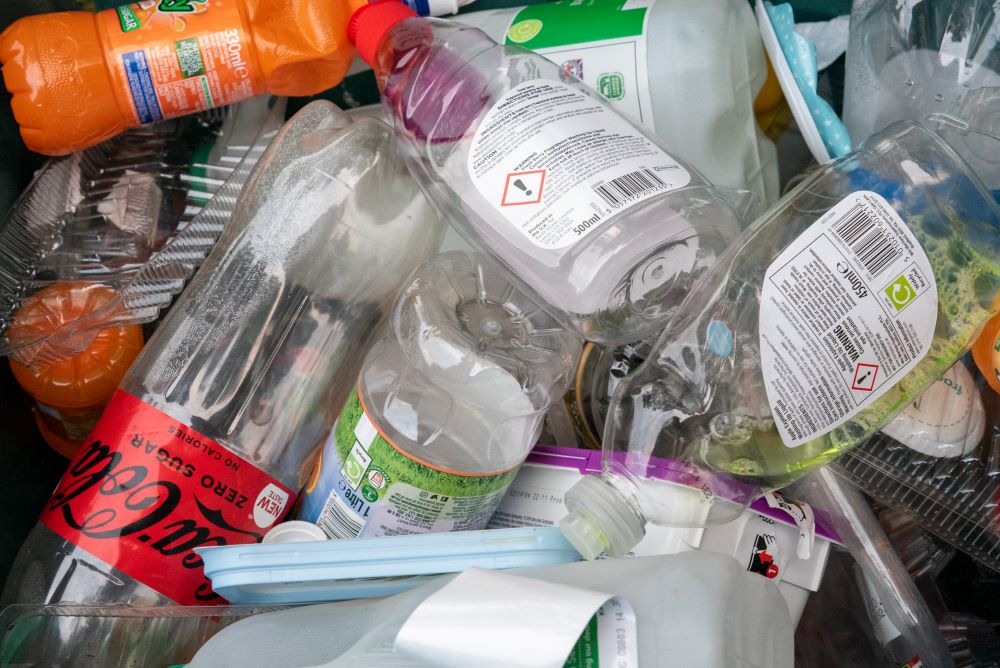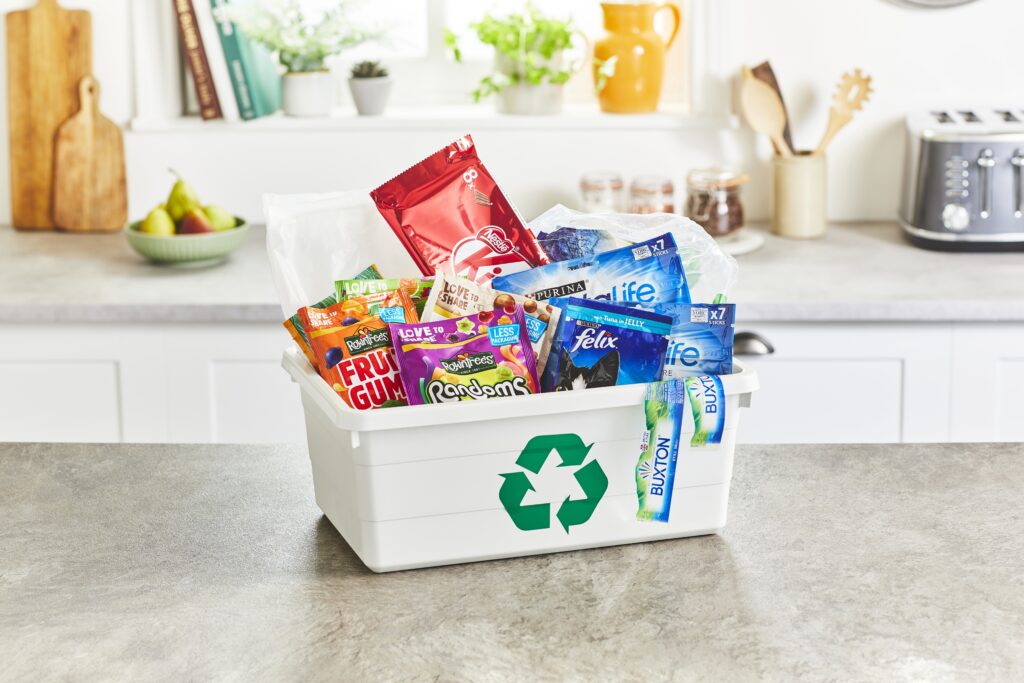The Waste and Resources Action Programme responded to critics who questioned why government money was being put towards work the steel packaging industry was carrying out anyway.
” We did fund the trials which had the dual benefit of bringing them forward in time and, more importantly, putting the results into the public domain.“
– Philip Ward, WRAP
The director of WRAP's Waste Implementation Programme, Philip Ward, explained that funding the Heinz trials speeded up the process and put the results of the trials in the public domain so that other companies can also benefit.
WRAP provided 250,000 from its 8 million waste minimisation innovation fund to test new cans made with less steel.
The aim of the project is to help cut the amount of waste that ends up in the household bin, and WRAP believes the Heinz trials could lead to the saving of 28,000 tonnes of waste each year if taken up by other manufacturers.
Criticism
But in a letter to letsrecycle.com, the director of materials at waste management company Shanks, Paul Dumpleton, demanded to know why WRAP is “funding something that the steel packaging industry invests in as a matter of course”.
He said: “One of the big drivers for the Steel packaging industry is lightweighting of cans. This is of particular interest for the following two reasons.
Firstly it costs less to produce and secondly it enables the steel companies to compete with aluminium on weight sensitive contracts such as with the airlines.
With this in mind one has to ask why it is that WRAP is funding something that the Steel packaging industry invests in as a matter of course.”
Mr Dumpleton suggested that with producer responsibility already up and running for packaging waste in the UK, funding from packaging producers ought to be used for such projects.
WRAP
Responding to the criticism, WRAP said it took judgements about when it is right to spend public money “very seriously”, pointing out that its decisions are advised by “an independent expert committee on the technical issues concerned”.
Mr Ward said: “In the case of the can end light-weighting project, we recognised that there are economic drivers for change. Indeed, it was essential that there were, since any innovation would not have been implemented without them. WRAP did not fund the whole cost of this innovation, or anything like it.
| Related links: |
“We did fund the trials which had the dual benefit of bringing them forward in time and, more importantly, putting the results into the public domain, allowing others to benefit from the knowledge,” Mr Ward said.
Mr Ward added that news of the trial had sparked “real interest in the industry”, suggesting that potential resource savings from the lightweighting of cans could be delivered “in full and early” as a result.











Subscribe for free